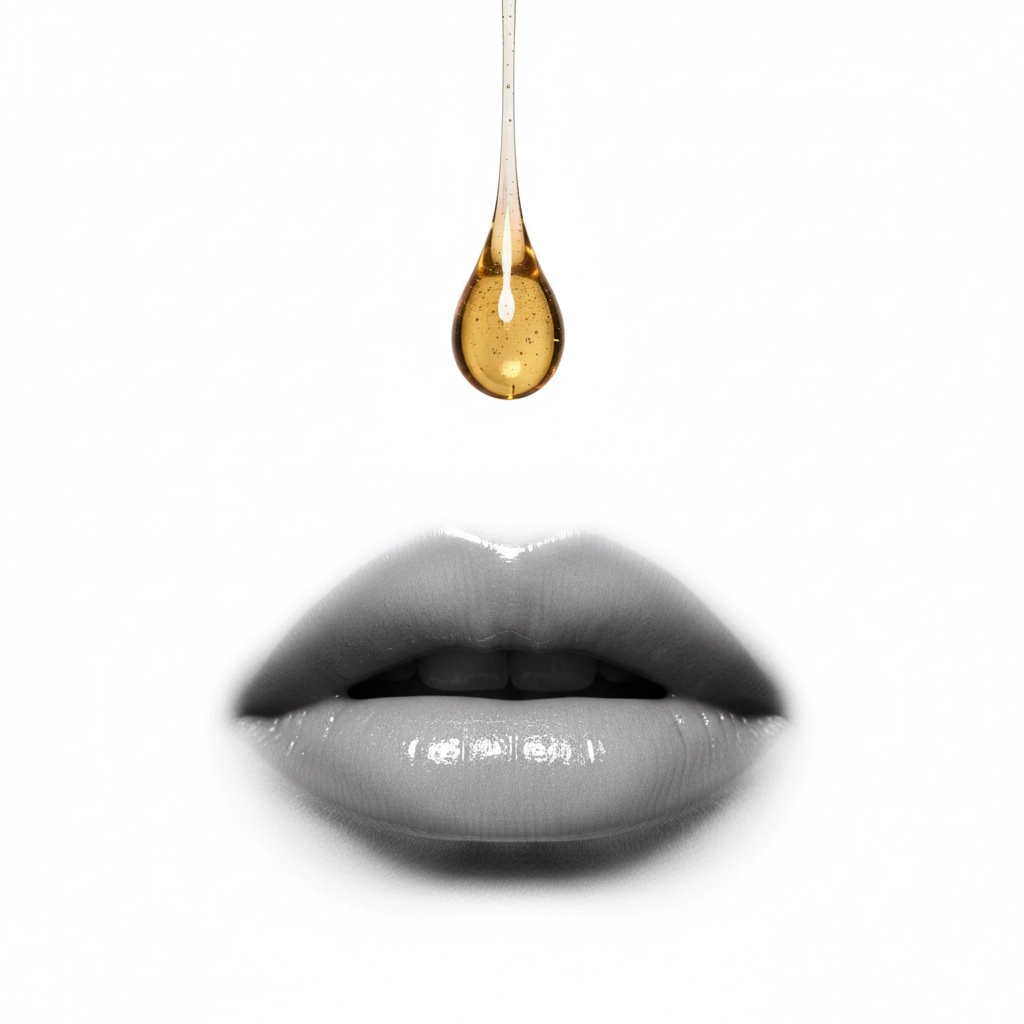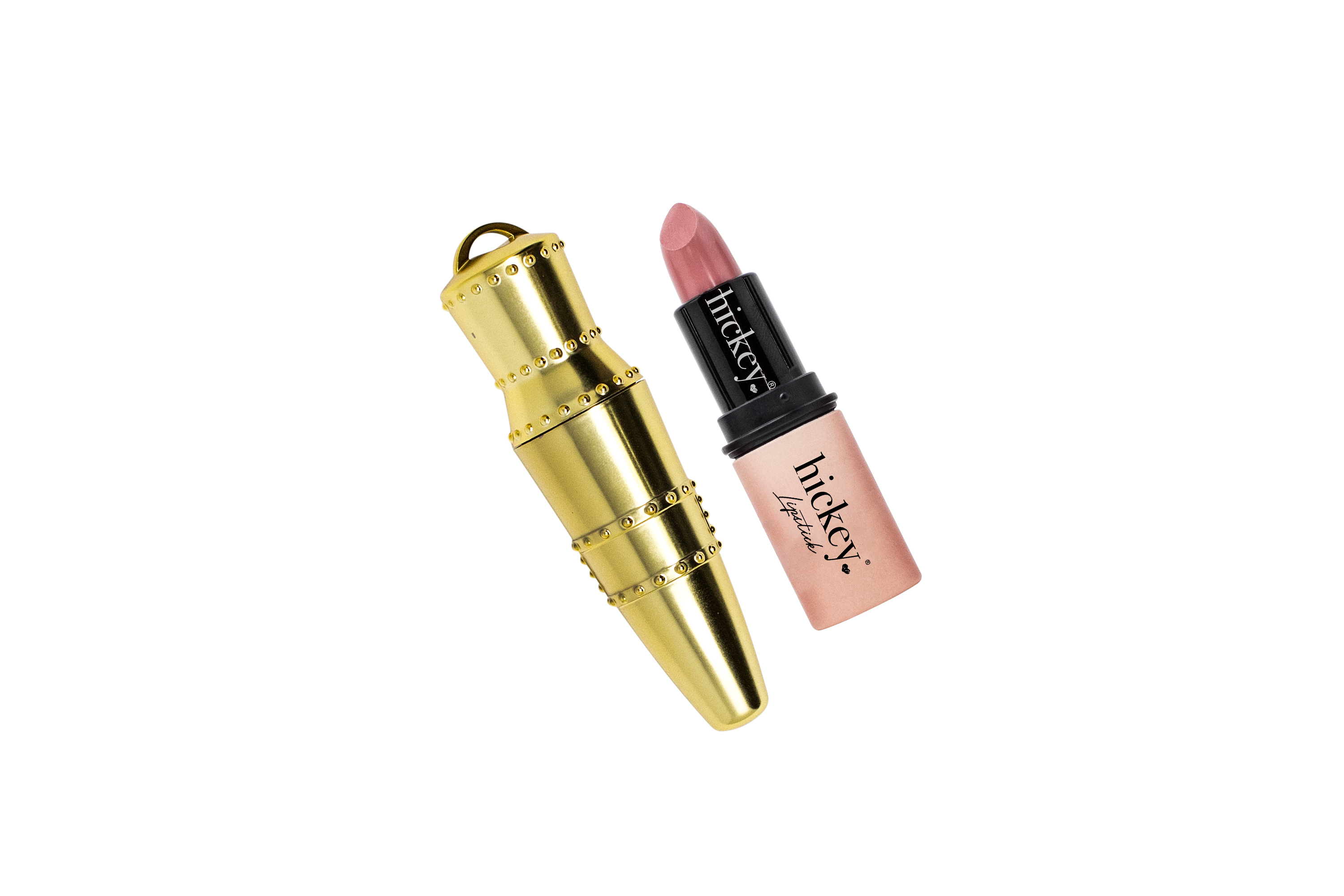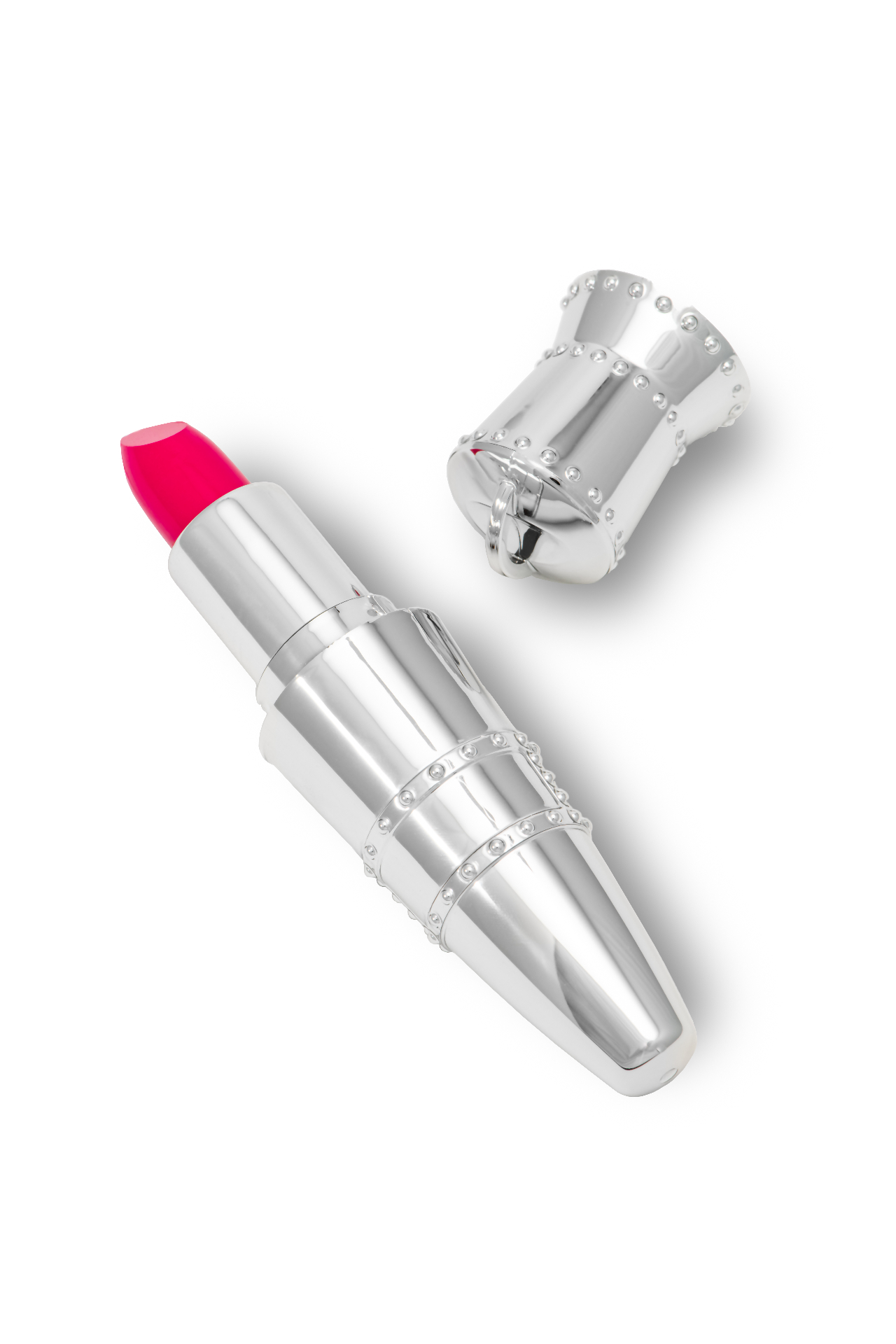Are Chemical-Free Lipsticks Really Worth It? Here's What 169% More Hydration Actually Means
Let's be real – we've all seen those bold claims plastered across beauty ads. "169% more hydration!" "Chemical-free formula!" "Your lips will thank you!" But what does any of that actually mean? And more importantly, should you care enough to switch up your lipstick game?
As someone who's been in the beauty world long enough to see every trend come and go, I'm here to break down the truth about chemical-free lipsticks and whether those impressive-sounding percentages are worth your hard-earned money.
What Does "Chemical-Free" Actually Mean?
Here's the thing that might blow your mind: everything is made of chemicals. Water? That's H2O – a chemical. The air you breathe? Yep, chemicals too. So when we say "chemical-free" lipsticks, we're really talking about products formulated without synthetic chemicals, parabens, and petroleum-based ingredients.
Think of it this way – it's like comparing a home-cooked meal to a heavily processed frozen dinner. Both are food, but one relies on natural ingredients while the other is packed with preservatives and artificial additives. Natural lipsticks use plant-based oils, butters, and waxes instead of synthetic alternatives that your great-grandmother wouldn't recognize.
Decoding Those Hydration Claims
Now, about that "169% more hydration" claim – let's get into the nitty-gritty. These percentages typically come from controlled lab testing where scientists measure moisture levels in lips before and after applying the product. So if your lips start at a certain hydration level and then jump up by 169%, that's where they get that number.
But here's what they don't tell you in the fine print: these results can vary wildly depending on how the test was conducted, how long they waited to measure, and what your lips were like to begin with. It's kind of like saying a moisturizer made your skin 200% more hydrated – impressive-sounding, but what does that look like in real life?

The real question isn't whether the percentage is accurate, but whether you can actually feel and see the difference. And honestly? With natural lipsticks, you usually can.
The Real Hydration Game-Changer
Here's where natural lipsticks actually shine. While conventional lipsticks are busy coating your lips with synthetic lubricants and mineral oils that might feel good initially, natural formulas are working deeper. They contain ingredients like jojoba oil, which is so similar to your skin's natural oils that it actually penetrates instead of just sitting on the surface.
Traditional lipsticks often contain parabens and petrolatum that can leave your lips feeling drier in the long run – kind of like how your lips feel worse after using certain chapsticks. You know that cycle where you apply, feel better for an hour, then need to reapply because your lips feel even drier? That's what we're trying to avoid.
Natural lipsticks break that cycle by actually nourishing your lips with each application. Instead of creating dependency, they're improving your lip condition over time.
The Powerhouse Ingredients That Actually Matter
Let's talk about what makes natural lipsticks so much more hydrating. It all comes down to two types of ingredients working together:
Emollients are like tiny repair workers that fill in the cracks and create a smooth surface while sealing in moisture. Shea butter is the MVP here – it's packed with vitamins and essential fatty acids that don't just moisturize, but actually heal and protect.
Humectants are the moisture magnets that pull hydration from the air right into your lips. Ingredients like glycerin keep your lips plump and hydrated by attracting water molecules.
Then you've got the supporting cast: aloe vera for instant soothing relief, vitamin E acting as your antioxidant bodyguard against environmental damage, and coconut oil penetrating deep to deliver long-lasting moisture.

What's beautiful about these ingredients is that they multitask. While synthetic ingredients often do just one thing, natural ingredients work synergistically. Cacao butter doesn't just moisturize – it also provides antioxidants and gives that subtle chocolate scent we all love.
The Health Factor You Can't Ignore
Here's something that should make you pause: conventional lipsticks have been linked to higher risks of developing skin allergies and immune-related conditions. When you consider that the average woman consumes about 4-7 pounds of lipstick in her lifetime (yes, really!), what you're putting on your lips matters more than you might think.
Natural lipsticks sidestep this issue entirely by using ingredients that are gentle on your skin and safe even if ingested. No synthetic perfumes that can trigger reactions, no heavy metals that accumulate over time, and no parabens disrupting your body's natural processes.
If you've ever had your lips react poorly to a lipstick – swelling, tingling, or irritation – there's a good chance it was due to synthetic ingredients or preservatives. Natural formulas significantly reduce this risk because they work with your body instead of against it.
So, Are They Actually Worth It?
The honest answer? It depends on what you value. If you're someone who struggles with dry, chapped lips, natural lipsticks are pretty much a no-brainer. The deep hydration from ingredients like shea butter and jojoba oil provides lasting moisture that conventional lipsticks simply can't match.
For those with sensitive skin, the gentler formulation means you can wear lipstick without worrying about reactions or irritation. And if you're conscious about what you're putting in your body, choosing natural ingredients gives you peace of mind every time you lick your lips.

The color payoff is often more vibrant and longer-lasting too, because natural pigments tend to stain beautifully rather than just sitting on the surface. Plus, many natural lipsticks come with built-in SPF protection – because who doesn't want their beauty routine to multitask?
The Bottom Line
While specific percentage claims like "169% more hydration" should be taken with a grain of salt, the underlying benefits of natural lipsticks are real and measurable. Your lips will likely feel more comfortable, look healthier, and react better to natural formulations than synthetic alternatives.
The switch to natural doesn't mean sacrificing performance or style – if anything, you're getting more for your money when your lipstick doubles as a treatment that actually improves your lip condition over time.
At the end of the day, your lips deserve ingredients that work as hard as you do. Whether that translates to exactly 169% more hydration might not matter as much as the simple fact that your lips feel amazing and look incredible – and isn't that what really counts?
The next time you're shopping for lipstick, flip that tube over and read the ingredients. Your lips will thank you for choosing quality over marketing hype, and you'll probably find that natural really does feel better.